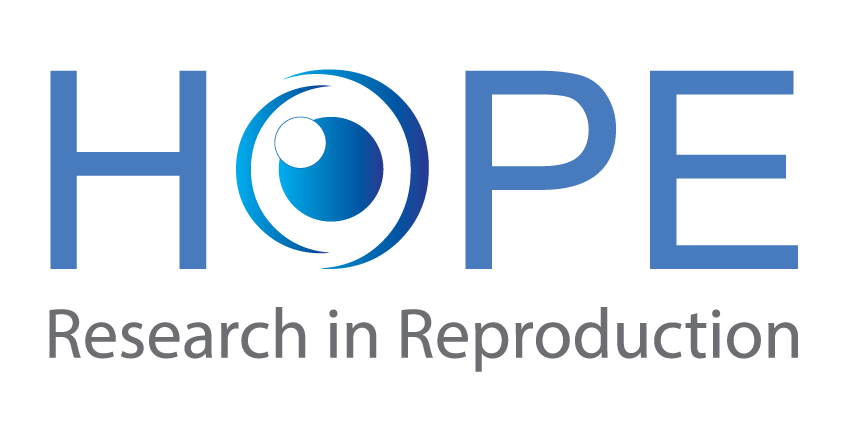Hum Reprod Open. 2017 Nov 28; 2017(3):hox023 – 2017-11-07
N.L. Vuong1,2,*, D.T. Pham2, H.T. Phung2, H.N. Giang2, G.B. Huynh2, T.T.L. Nguyen2, and M.T. Ho2,3
Published: 28 November, 2017
Author information
- Department of Obstetrics and Gynaecology, University of Medicine and Pharmacy at Ho Chi Minh City, 217 Hong Bang Street, District 5,
Ho Chi Minh City, Vietnam - IVFMD, My Duc Hospital, 4 Nui Thanh Street, District Tan Binh, Ho Chi Minh City, Vietnam
- Research Center for Genetics and Reproductive Health, School of Medicine, Vietnam National University HCMC, Ward 4, Linh Trung, Thu Duc District, Ho Chi Minh City, Vietnam
Abstract
STUDY QUESTION
Is corifollitropin alfa 150 μg equivalent to follitropin beta 300 IU/day for controlled ovarian hyperstimulation (COS) in older women weighing ≥50 kg undergoing IVF and/or ICSI in Vietnam?
SUMMARY ANSWER
Corifollitropin alfa 150 μg was equivalent to follitropin beta 300 IU/day with respect to the number of oocytes retrieved, the ongoing, cumulative and live birth rates and obstetric outcomes.
WHAT IS KNOWN ALREADY
Corifollitropin alfa is a recombinant FSH (rFSH) preparation with slow absorption and a long half-life allowing administration of a single dose for COS lasting 7 days. Several randomized, controlled clinical trials have reported that COS with corifollitropin alfa is associated with similar outcomes compared with COS using daily rFSH. However, limited data are available in Asian patients.
STUDY DESIGN, SIZE, DURATION
This randomized controlled trial was conducted at a single large IVF centre in Vietnam from June 2015 to August 2016. A total of 400 patients were included, 200 in each treatment group. The primary outcome measure was the number of oocytes retrieved. Patients were followed for 1 year after randomization.
PARTICIPANTS /MATERIALS, SETTING, METHODS
Participants aged 35–42 years with a body weight ≥50 kg who were undergoing an IVF cycle were randomized to undergo COS with a single dose of corifollitropin alfa 150 μg on Day 2 or 3 of the menstrual cycle, or follitropin beta 300 IU/day for 7 days starting on Day 2 or 3 of the menstrual cycle. All underwent ICSI according to standard institutional protocols. A beta hCG test was performed 17 days after ovum pick-up, and positive tests were confirmed on vaginal and/or abdominal ultrasound at 5–6 weeks after embryo transfer (clinical pregnancy) and at ≥10 weeks (ongoing pregnancy). Rates of ovarian hyperstimulation syndrome, and maternal and foetal outcomes after one cycle of ICSI were monitored over 12 months.
MAIN RESULTS AND THE ROLE OF CHANCE
Patients in the corifollitropin alfa and follitropin beta groups were well matched at baseline (mean age 37.5 ± 1.9 vs 37.7 ± 2.0 years, mean body weight 53.7 ± 5.4 vs 52.5 ± 4.8 kg). There was no significant difference between the corifollitropin alfa and follitropin beta groups in the number of oocytes retrieved (11.4 ± 5.9 vs 10.8 ± 5.8; P = 0.338). The ongoing pregnancy rate (31.5 vs 32.0%; P = 0.99) and live birth rate (30.5 vs 32.0%; P = 0.83) (both per initiated cycle at 12 months after randomization) were also similar in the two treatment groups. Complication rates were low and similar in the corifollitropin alfa and follitropin beta groups, and there were no significant between-group differences in obstetric outcomes.
LIMITATIONS, REASONS FOR CAUTION
This study had an open-label design, and therefore, the potential for bias cannot be excluded. The findings are only applicable to patient populations with similar characteristics to those enroled in the study.
WIDER IMPLICATIONS OF THE FINDINGS
This study adds to the body of evidence supporting the equivalence of corifollitropin alfa and follitropin beta for COS in a variety of patients undergoing IVF and/or ICSI. The ability to provide COS with corifollitropin alfa has the potential to reduce the burden of treatment for patients.
STUDY FUNDING/COMPETING INTERESTS
This study was supported by Merck Sharp and Dohme. The authors state that they have no financial or commercial conflicts of interest.
TRIAL REGISTRATION NUMBER
The trial was registered with clinicaltrials.gov (NCT02466204).
TRIAL REGISTRATION DATE
2 June 2015.
DATE OF FIRST PATIENT’S ENROLMENT
19 June 2015.
KEYWORDS:
controlled ovarian stimulation, IVF, corifollitropin alfa, follitropin beta, recombinant FSH, ICSI, pregnancy, live birth
